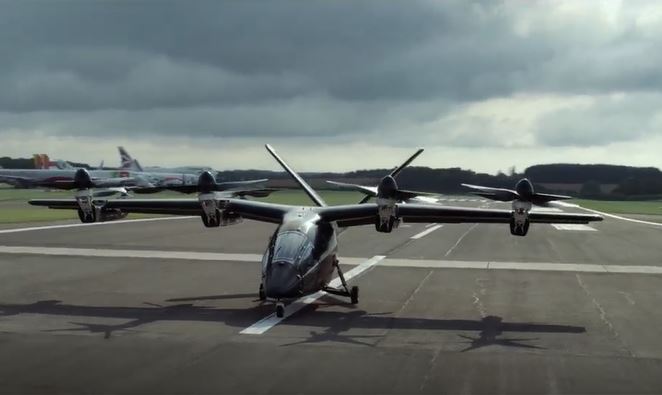
Flying taxis, crime-fighting drones and critical 999 care deliveries could all be a reality by 2030 according to the government and industry’s joint Future of Flight action plan, announced by the Department for Transport (DfT) today.
“Setting out a roadmap for drones and novel electric aircraft in the UK, the plan details how drone technologies could boost the UK economy by UKP45 billion by the end of the decade” according to the press release.
“It details plans for the first piloted flying taxi flight by 2026 and regular services by 2028, regular drone deliveries across our skies by 2027 and demos of autonomous flying taxis without pilots on board by 2030 – transforming how people and goods are transported.
“Some of the other actions set out in the plan include:
- “allowing drones to fly beyond visual line of sight (BVLOS) so that the sector can grow without limiting the skies for other aircraft
- “breathing life into smaller aerodromes by setting out how they can operate as vertiports for electric aircraft that take off vertically (sometimes known as electric vertical take-off and landing (eVTOL) aircraft)
- “developing standards to improve security for drones to boost public safety
- “engaging communities and local authorities so that they can enjoy the economic and social benefits of these technologies
“The Future of Flight action plan contains measures to make drone applications and assessments easier by creating new and simple digital platforms that operators can use – ensuring companies and public services are no longer shackled by red tape and get drones up and flying quicker.
“It will also enable the development of vertiports – mini-airports for drones and electric aircraft that take off vertically – by developing certification standards and reviewing the use of existing infrastructure to deliver at speed, boost safety and security and put the passenger first.”
For more information
https://www.gov.uk/government/publications/future-of-flight-action-plan
(Image: Vertical Aerospace)

